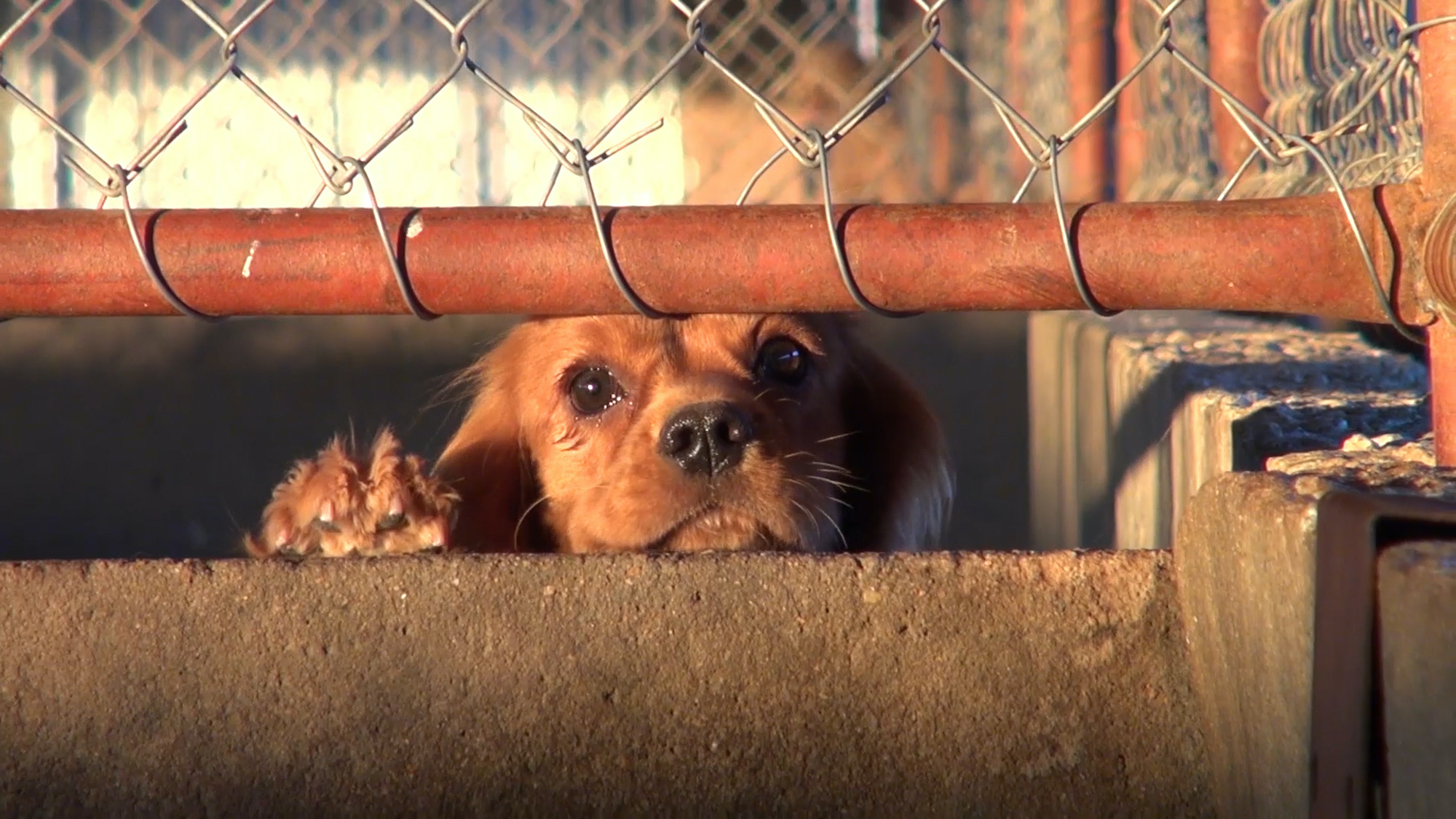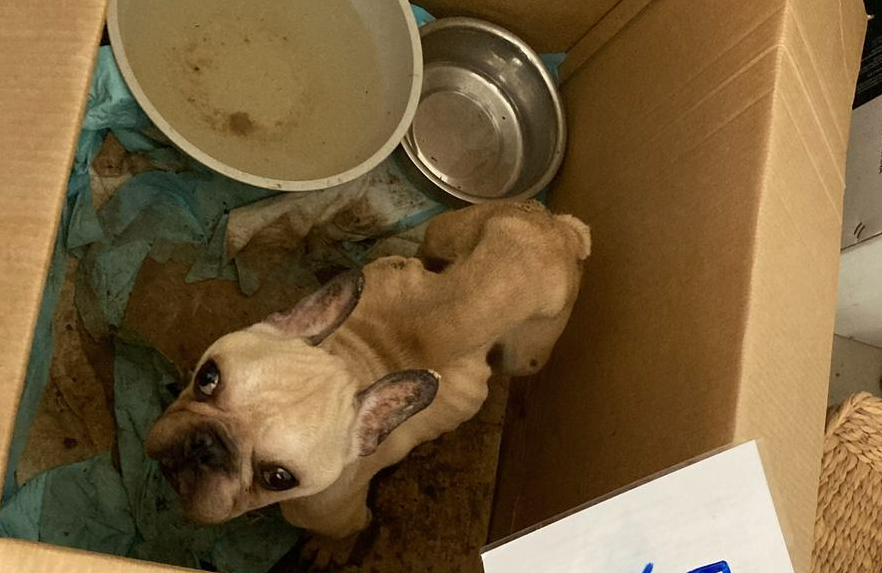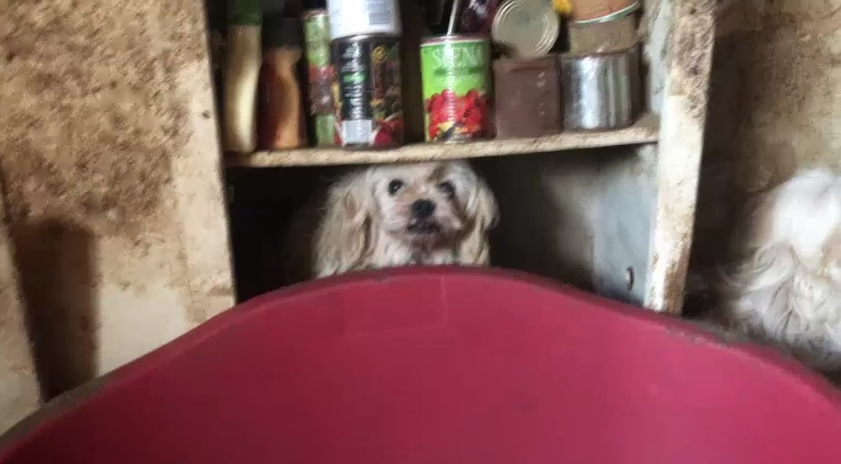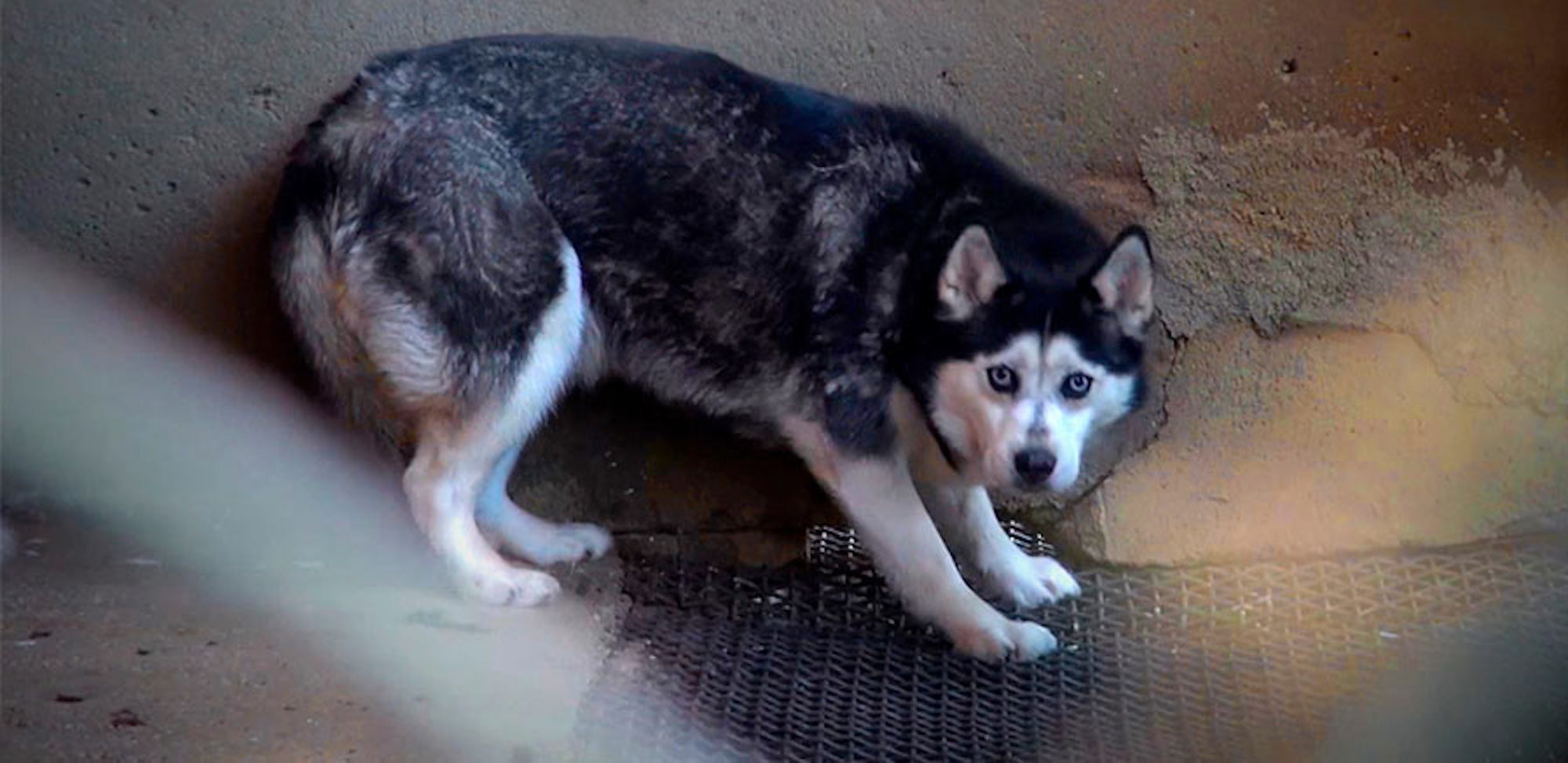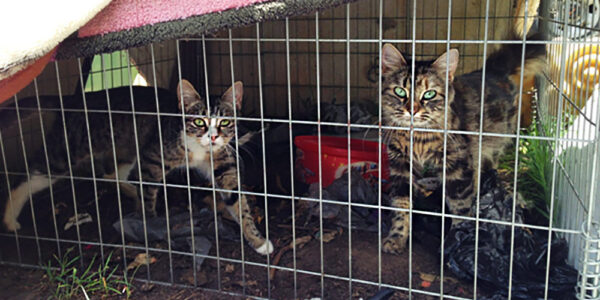The Australia Veterinary Association defines puppy mills, or farms, as ‘the intensive breeding of dogs, who live in inappropriate conditions which fail to meet the behavioural, social and physiological needs of the animal.’ [1]
But whilst that may sound like it should be illegal, many people are rightly shocked to learn that the cruelty inherent in puppy mills – intensive breeding, lack of exercise and medical care, minimal human interaction and zero social enrichment – can all be entirely legal.
Victoria was the first state in Australia to pass meaningful legislation that mitigates some of the problems associated with puppy farming, including a cap on the number of dogs who can be bred, and how many ‘staff’ are required per dog. Western Australia was the second state to pass legislation banning the sale of puppies in pet shops and cracking down on puppy factories.
But the legislation still contains loopholes and doesn’t prevent dogs from puppy mills being sold online and shipped interstate.
While some Australian puppy factories do breach cruelty laws, many others operate completely within regulations – but that doesn’t mean they are nice places for dogs. For example, in South Australia, it can be legal to keep a mother dog confined to a barren concrete cell in a shed for 23 hours a day where she will be forced to give birth to litter after litter of puppies. She is denied everything that makes her life worth living.
Legislation was introduced in Victoria to help stamp out puppy farming, but puppy farmers who wanted to keep profiting off puppies simply moved across the border to NSW where the laws are weaker. Despite the 2021 NSW puppy farming inquiry and updates to the legislation to try to address intensive puppy farming in some states, other states have done very little to protect the welfare of dogs and unsuspecting buyers from buying into cruelty:
- In Tasmania, Queensland and South Australia, there is still no cap on how many dogs a puppy farmer can have as ‘breeders’ and how many litters they are allowed.
- Some states even allow back-to-back breeding, meaning the mother dog is constantly pregnant (although a dog should never be forced to give birth only to have her puppies taken away, the RSPCA advises a female dog should only ever have a maximum of five litters over her entire lifetime – a figure that’s regularly exploited by puppy farmers).

